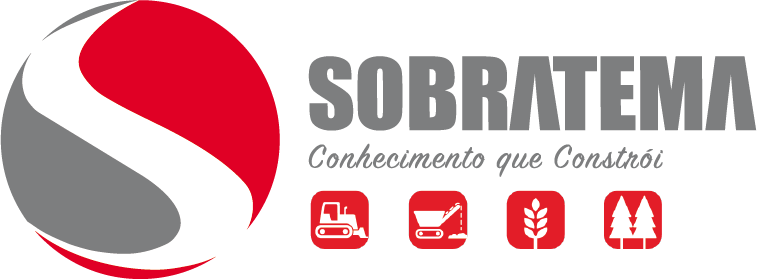Publicado em 10 de setembro de 2012 por Mecânica de Comunicação
III Sobratema Forum: Brazil stands out in worldwide ranking for green building certifications
Event will also address themes linked to innovation and technology in the area of infrastructure. Read more

Companies with an uncompromising policy for sustainability of their business practices have been requiring that their buildings also comply with such standards and, in some cases, that they have green building certifications. Google, Nokia, Goldman Sachs, LG Electronics, Starbucks, HSB, and Holiday Inn are examples of companies which apply this policy which is becoming increasingly recurring and has become a driver of the market for sustainable construction the world over.
Brazil has been advancing in step with this movement; so much so that there have been an expressive number of green building certifications obtained in the last few years, allowing the country to rank prominently on the international scene. “Certifying organizations themselves are impressed,” states Anderson Benite, technical director at the Unit for Sustainability of the ‘Center for Building Technology’ (CTE - Centro de Tecnologia de Edificações). “The first building to obtain certification in Brazil was certified according to the LEED (Leadership in Energy and Environmental Design) standard in 2007 and, presently, there are over 50 projects that have already been certified and over 550 projects that are in the process of obtaining certification”, he adds.
According to Benite, this number of certifications and applications establishes Brazil as fifth ranked in LEED certifications world wide, behind the United States, Canada, China and the United Arab Emirates alone. As regards the AQUA Process (Processo AQUA) for sustainable construction, the country has 69 projects that have been certified in eight of Brazil’s states – Bahia, Federal District of Brasilia, Paraíba, Paraná, Pernambuco, Rio de Janeiro, Rio Grande do Sul and São Paulo. “Not having certification, in certain cases, can compromise the project’s results, commercially speaking. That’s why all building developers are already moving in this direction, thus establishing a new standard for the market,” he stresses.
Besides being a corporate concern, environmental awareness among people is also a factor that is considered to drive the growth in sustainable realty developments. “In commercial and residential buildings, the objective is to create distinctions in sustainability and add value to the real estate product, such as lower expenses in energy and water, greater level of comfort, modernity, superior price of sale and rental, etc,” Benite exemplifies. “Furthermore, due to shortages, there is strong pressure on the prices of inputs that are basic for the operation of a building, such as water and energy, making a building’s efficiency a determining factor,” he adds. Economy in the consumption of clean water varies between 20 and 40%; in consumption of clean water for irrigation, the variation is between 50 and 100%; and in economy of energy, savings range between 12 and 48%.
Sustainable realty developments, according to Benite, provide additional benefits which include: a reduction of 25% in the flow and volume of water discharged into public rainwater collection systems during periods of rain, decreasing the impact of floods; greater use of recycled materials; and a reduction in the volume of construction waste and debris that is sent to landfills.
In terms of the costs associated with building sustainable realty, Benite calculates that the additional cost for a commercial building, compared to a conventional building, is from 1% to 5% depending on a number of factors such as: level of certification desired, location, building typology, project standard, etc. On the other hand, for a larger project, such as stadiums, the cost is lower.
“The impact on cost is not high because a number of technologies and materials are, presently, more accessibly priced. Among such materials are: high performance glass, FSC - Forest Stewardship Council certified lumber, faucets equipped with sensors, dual-flush toilets, and odorless paints,” explains Benite, who will be one of the speakers at the III Sobratema Forum Brazil Infrastructure, taking place October 30th at Centro Fecomércio de Eventos (São Paulo/SP).
Besides providing details regarding green building certification in Brazil, Benite will also present the evolution of certifications and the future of this market. The III Sobratema Forum Brazil Infrastructure – Technology and Innovation is directed toward professionals in the construction business production chain and in the areas of research, development and innovation.
Registration is now available at event’s official website: www.sobratemaforum.com.br . Seating is limited.

Av. Francisco Matarazzo, 404 Cj. 701/703 Água Branca - CEP 05001-000 São Paulo/SP
Telefone (11) 3662-4159
© Sobratema. A reprodução do conteúdo total ou parcial é autorizada, desde que citada a fonte. Política de privacidade


